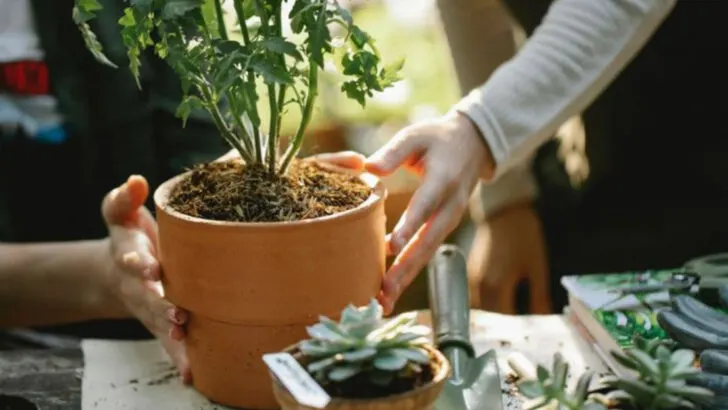When it rains, most of us think about collecting water for later—usually to hydrate plants during dry spells. But rainwater is far more versatile than we give it credit for. In fact, gardeners around the world have discovered surprisingly clever uses for this free, chemical-free resource that go way beyond the watering can.
Because rainwater is naturally soft and free of salts, chlorine, and other additives found in tap water, it’s ideal for sensitive plants, composting, and even pest control. It can help lower your utility bills, improve soil health, and support a more sustainable backyard ecosystem—if you know how to use it creatively.
In this list, you’ll find 15 smart, often-overlooked ways to put rainwater to work in your garden—from cleaning tools to brewing natural fertilizers. If you’ve been collecting it just to pour on the soil, get ready to think much bigger.
Compost Tea Brewing
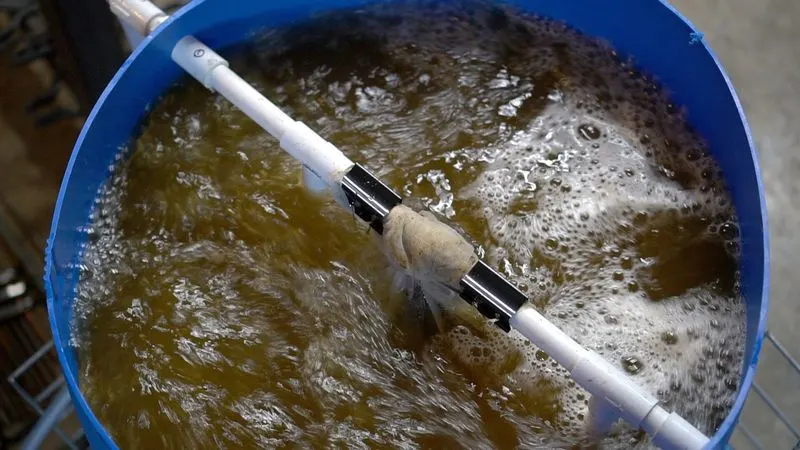
Brewing compost tea is an excellent way to give your plants a nutrient boost. Instead of using tap water, rainwater can enhance the brewing process due to its lack of chemicals. This natural concoction promotes soil health and plant growth.
Think of rainwater as the perfect ingredient for this garden tonic. The absence of chlorine and fluoride means the beneficial microorganisms in compost can thrive, resulting in a more potent tea for your plants.
Try brewing your next batch with collected rainwater and observe the difference in your garden’s vitality.
Rainwater Irrigation Systems
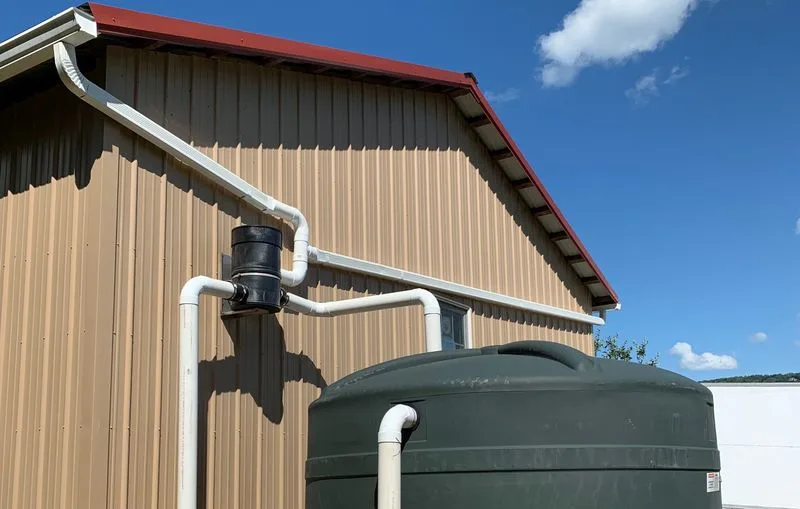
Integrating rainwater into irrigation systems is both smart and sustainable. These systems can redirect rain from roofs into storage tanks and, eventually, through drip lines that distribute water efficiently.
Such systems not only conserve water but also reduce utility bills and support environmental conservation. The gentle distribution method ensures plants receive water directly at their roots.
Incorporate a rainwater-fed irrigation system, and watch your garden flourish with minimal effort and water waste.
Pond and Water Feature Supply
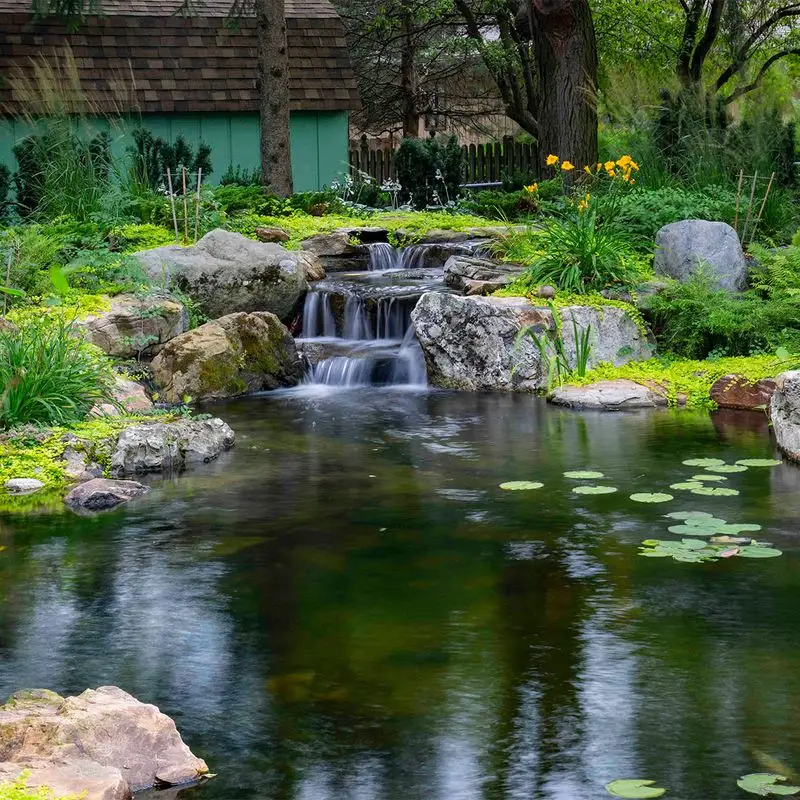
Rainwater is a natural choice for filling garden ponds and water features. Unlike treated water, it won’t harm aquatic life and helps maintain a balanced ecosystem.
Using rainwater can enhance the aesthetic appeal and health of your pond or waterfall, making it a centerpiece in your garden. The natural minerals and pH levels support plant and animal life.
Consider using collected rainwater for all water features, ensuring a vibrant and thriving aquatic environment.
Greenhouse Humidity Control
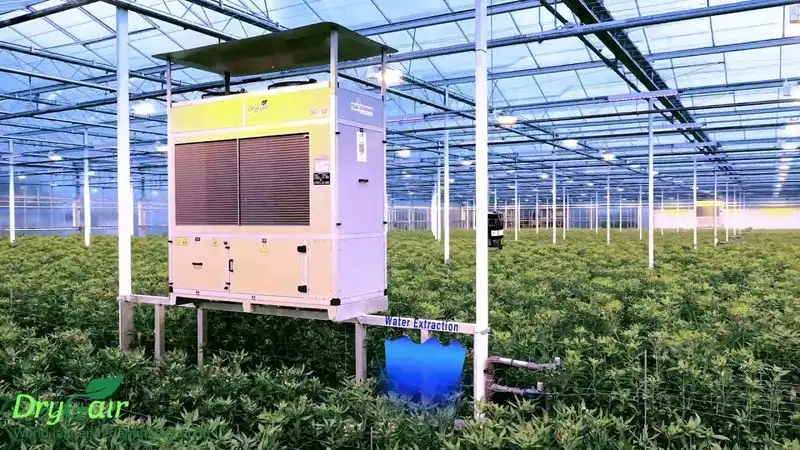
Creating the right humidity in a greenhouse is essential for plant health. Rainwater can be used to maintain these levels effectively, especially in dry climates.
Its natural composition, free from additives, helps create a more suitable environment for a diverse range of plants. Controlling humidity with rainwater supports growth and prevents disease.
Integrate rainwater usage in your greenhouse, promoting healthier plants and a more sustainable operation.
Natural Fertilizer Mixing
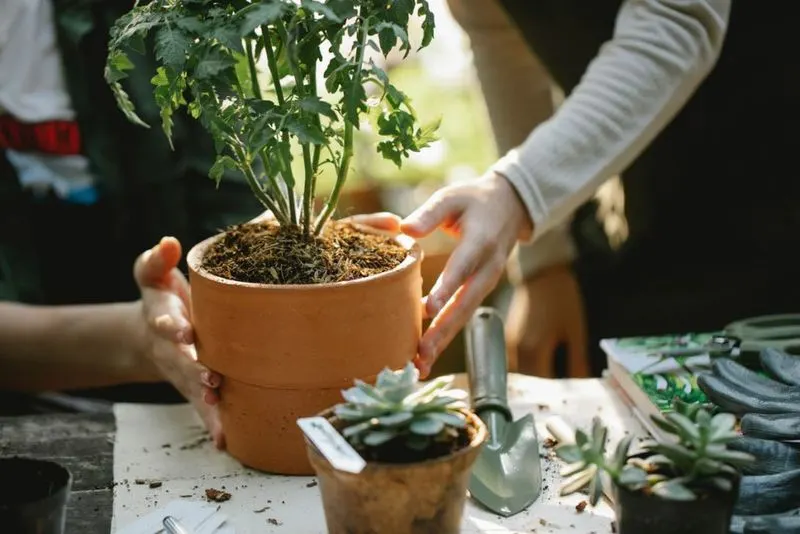
Mixing fertilizers with rainwater can boost their effectiveness. The absence of chemicals found in tap water means nutrients are delivered more directly to plants.
This method is particularly beneficial for organic gardeners aiming to maintain soil health and plant vitality. Rainwater helps dissolve and distribute natural fertilizers efficiently.
Next time you’re preparing a natural fertilizer, consider using rainwater to enhance its benefits for your garden.
Pest Deterrent Sprays
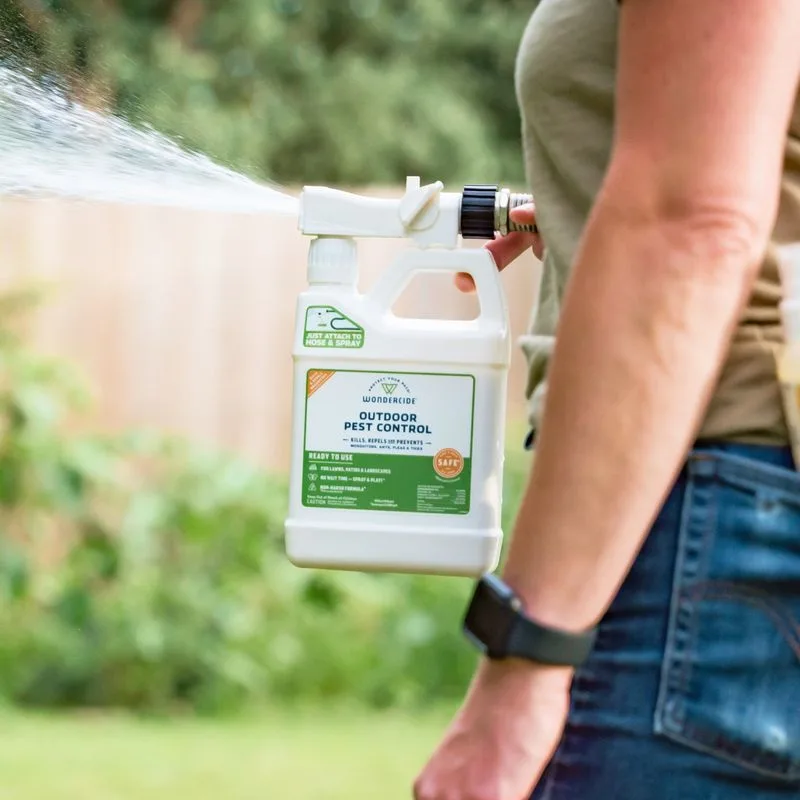
Rainwater can be a base for creating effective pest deterrent sprays. Free from chemicals, it ensures the active ingredients in homemade sprays work efficiently.
Many gardeners favor using natural ingredients combined with rainwater to keep pests at bay, promoting a healthier garden ecosystem. This approach minimizes chemical usage and protects beneficial insects.
Harness rainwater for your next batch of pest deterrent, safeguarding your plants the eco-friendly way.
Rain Chains for Aesthetic Appeal
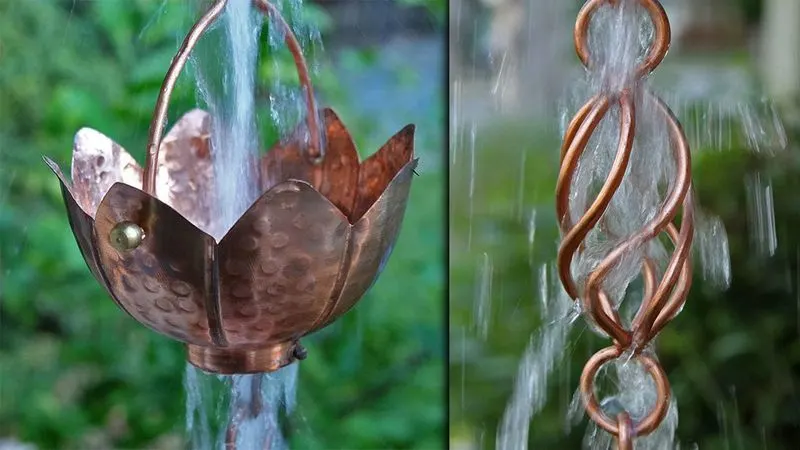
Rain chains are both functional and decorative, guiding rainwater from gutters to the ground in a visually pleasing way. Collected rainwater can then be used for various garden needs.
These chains transform rainfall into a soothing visual and auditory experience, while also aiding in water conservation. They’re an attractive addition to any garden.
Install rain chains to beautify your garden while efficiently managing your rainwater resources.
Aquaponics Systems
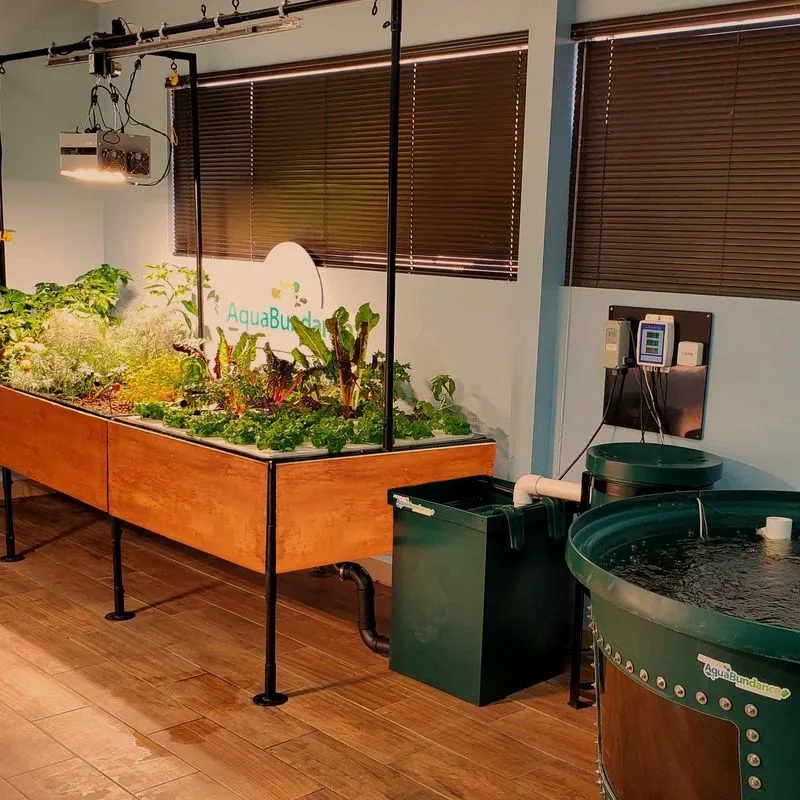
Incorporating rainwater into aquaponics systems can enhance their sustainability. This closed-loop system uses fish waste to nourish plants, with rainwater maintaining water quality.
Rainwater’s natural properties make it ideal for this type of system, promoting healthy growth for both aquatic animals and plants. Plus, it’s a cost-effective solution.
Consider rainwater as a key component in your aquaponics setup, fostering a harmonious garden ecosystem.
Bird Bath Filling
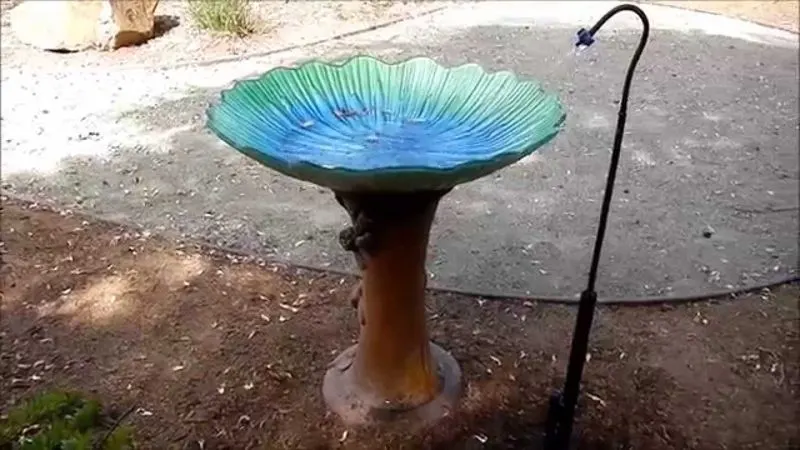
Filling bird baths with rainwater provides birds with a natural, chemical-free source of water. This simple step attracts more birds, enhancing biodiversity in your garden.
The absence of chlorine and other chemicals makes rainwater more appealing and safer for our feathered friends. It’s a small change with significant positive impacts.
Use rainwater for your bird baths, inviting a lively, bird-friendly environment to your garden space.
Hydroponic Gardening
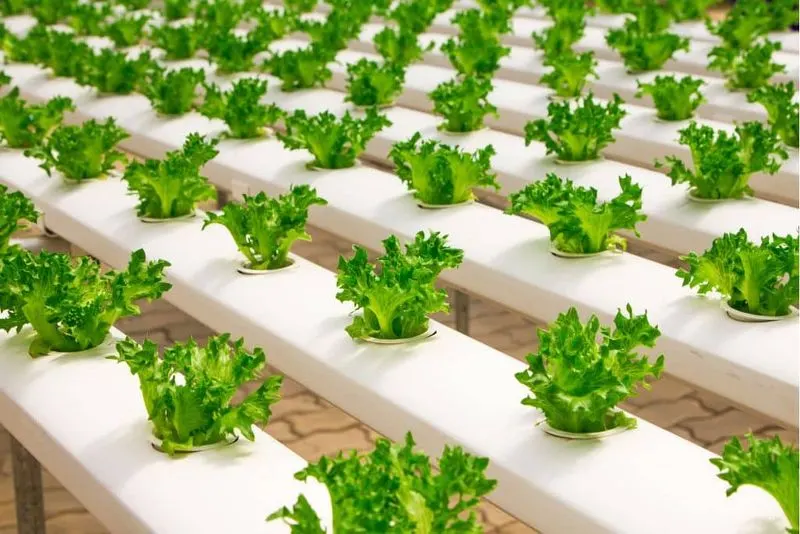
Hydroponics relies on water as a growing medium, and rainwater is ideal due to its purity. Using rainwater can enhance plant growth by preventing chemical buildup.
This method supports cleaner, more efficient nutrient uptake, leading to healthier plants and higher yields. It’s a futuristic approach with a nod to sustainability.
Incorporate rainwater into your hydroponic system, and notice the difference in plant health and productivity.
Container Garden Watering
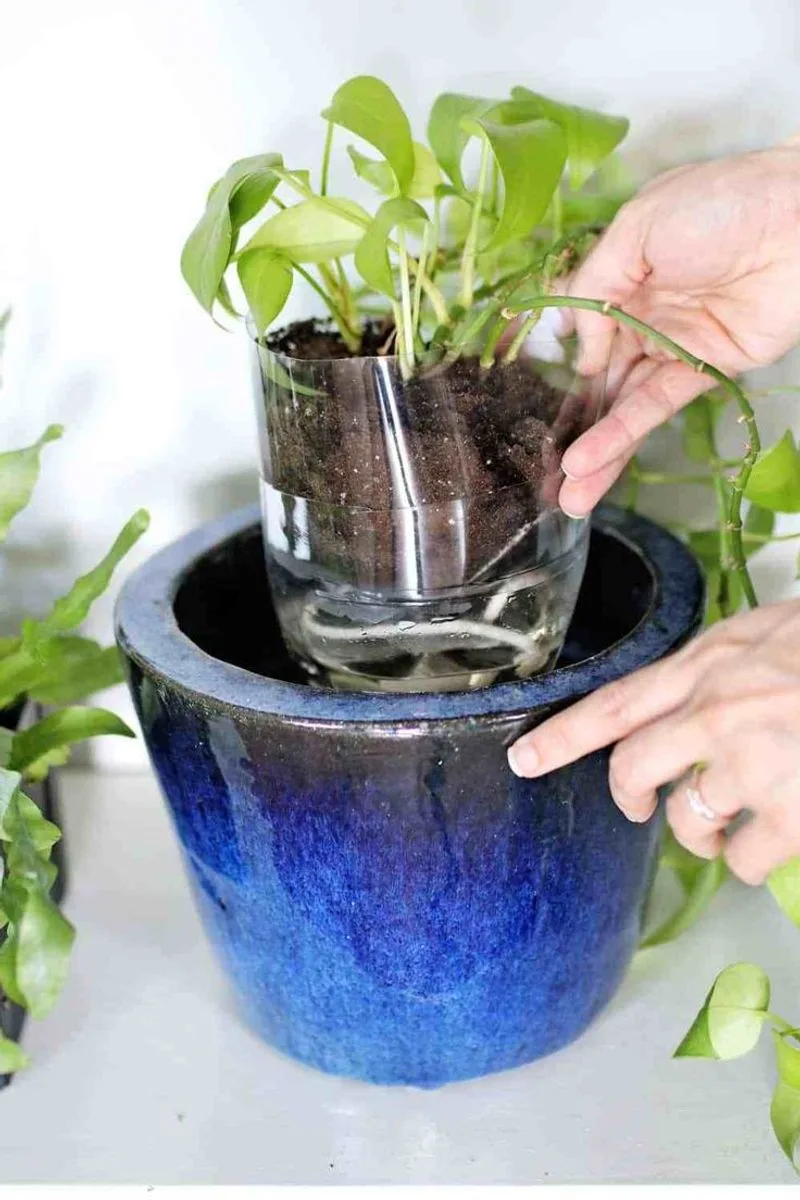
Container gardens often require frequent watering, and rainwater offers a cost-effective solution. Its lack of added chemicals promotes healthier soil and plants.
This approach is particularly useful in urban settings where space is limited, and water conservation is vital. Rainwater collection systems can easily be set up even in small spaces.
Switch to rainwater for your container plants, and enjoy more vibrant growth and reduced water costs.
Soil Erosion Control
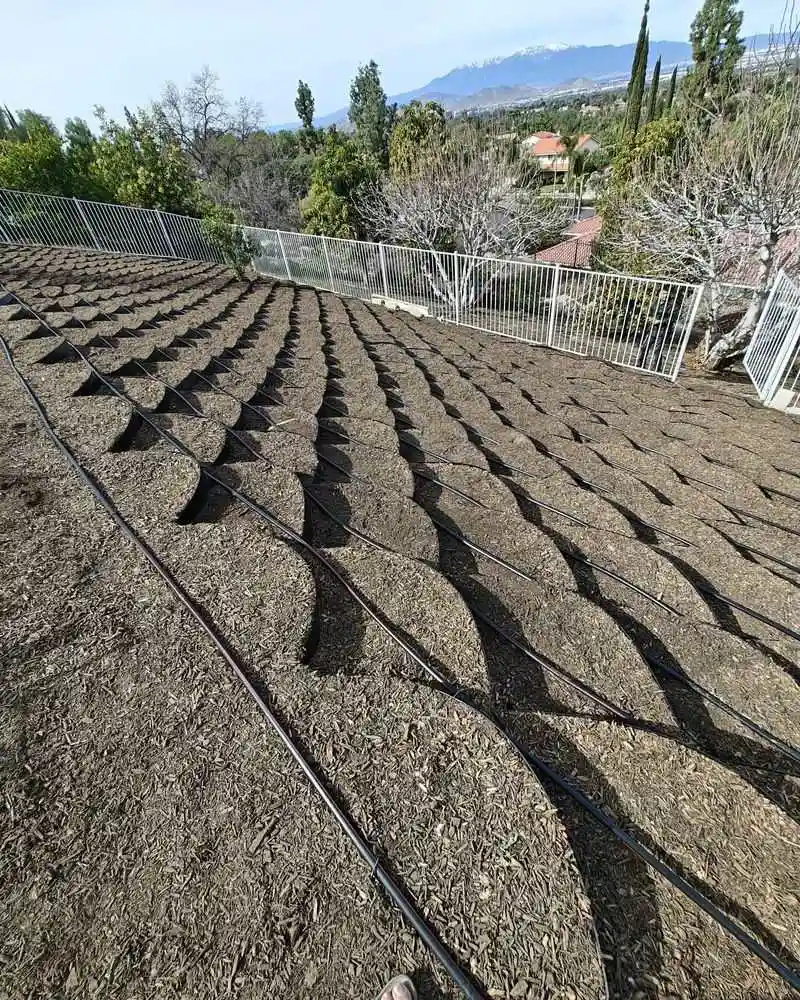
Using rainwater strategically can help prevent soil erosion in your garden. Redirecting rain to areas prone to erosion supports plant growth and stabilizes the soil.
This technique not only conserves water but also enhances the landscape, creating a more resilient garden environment. It’s an eco-friendly solution to a common issue.
Employ rainwater management techniques in your garden design to combat soil erosion effectively.
Watering Orchids
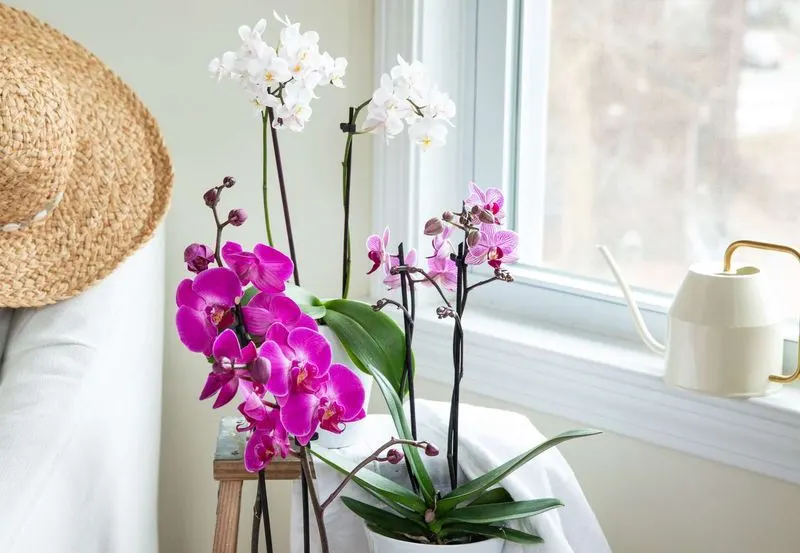
Orchids thrive when watered with rainwater, as it’s free from the minerals that can accumulate and harm delicate roots. This gentle hydration method supports vibrant blooms.
The purity of rainwater helps maintain the ideal pH balance for orchids, promoting healthier leaves and flowers. It’s a simple yet effective way to care for these exotic beauties.
Make rainwater your go-to for watering orchids, and enjoy their stunning floral displays.
Creating Misting Systems
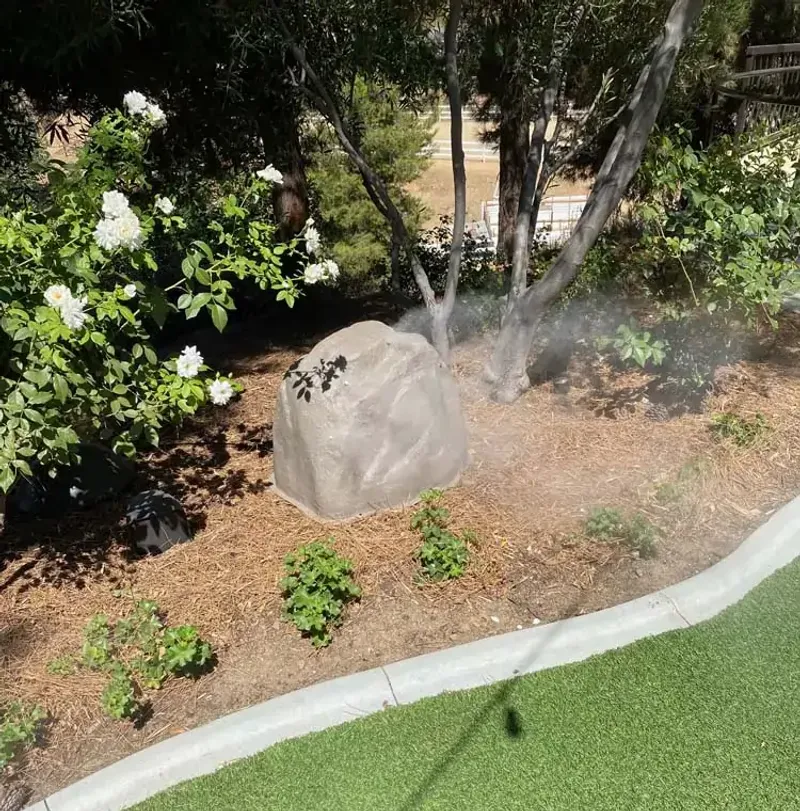
Misting systems can benefit greatly from the use of rainwater. This method cools plants and increases humidity without introducing unwanted chemicals.
Rainwater misting is particularly beneficial during hot, dry periods, helping to keep plants hydrated and healthy. It’s an efficient use of a free resource.
Set up a rainwater-powered misting system to offer your garden a refreshing break from the heat.
Vermicomposting Moisture
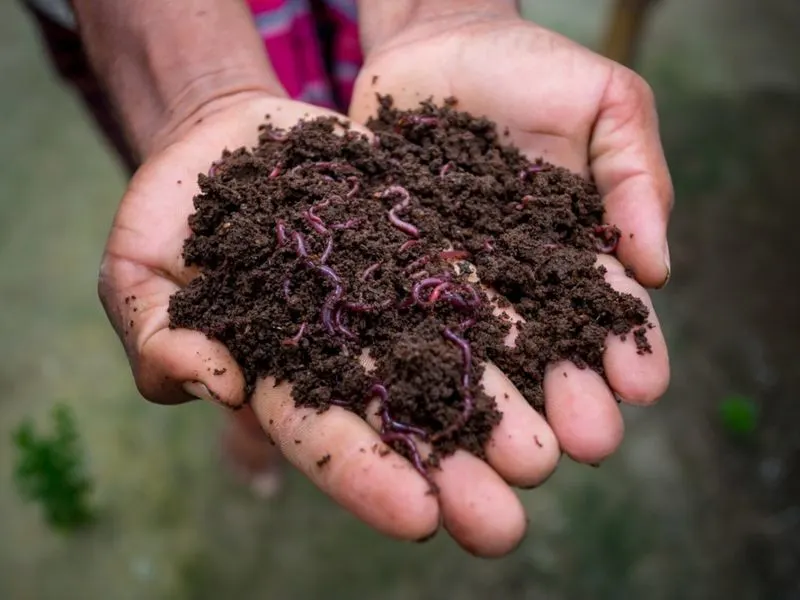
Maintaining the right moisture level is crucial in vermicomposting. Rainwater is perfect for this task, as it provides hydration without disrupting the composting process.
Its natural properties support the worms and the breakdown of organic matter, producing rich compost for your garden. It’s a simple, sustainable practice.
Try using rainwater in your vermicomposting efforts, and enhance the quality of your garden compost.

